Fruit, Vegetable and Ornamental Production
-
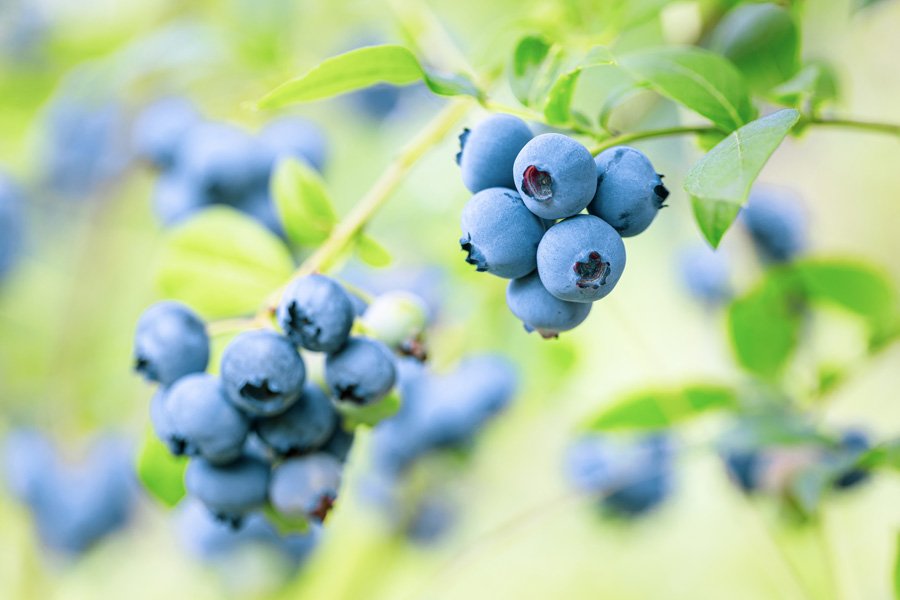
The 2025 edition of this publication covers integrated pest management information for blueberry producers in the Southeastern U.S. Recommendations are based on information from the manufacturer’s label and performance data from research and Extension field tests. This publication is intended for use only as a guide. Specific rates and application methods are on the pesticide label, and these are subject to change at any time.
Phillip Brannen and Ashfaq Sial
|
-

The juniper scale is a sporadic pest of juniper, cypress, and cedar trees in nurseries and landscapes in Georgia. It is an armored scale, where the wax cover is not a part of its body but can actually be separated from the body. Juniper scale feeds on plant fluid, and heavy infestations can reduce plant vigor, causing needle drop and twig color change from green to brown. Find out how to identify and manage this pest.
William Hudson and Shimat Joseph
|
-

This publication provides guidance for insect, disease, and weed control in commercial pecan orchards for 2025.
Timothy Brenneman, Timothy Grey, William Hudson, Marvin Wells, Andrew Sawyer, and Apurba Barman
|
-
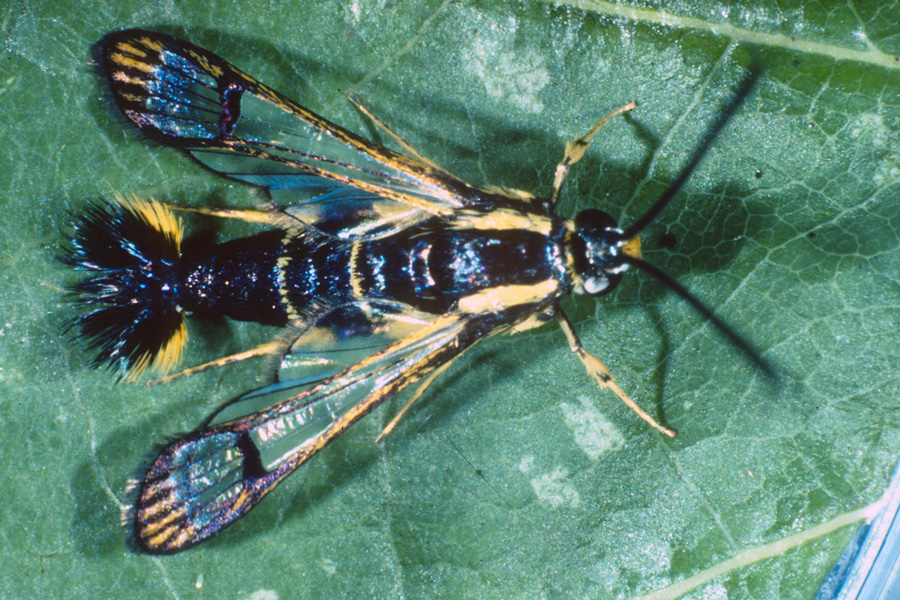
C 1316
Dogwood Borer
The dogwood borer can be a destructive pest of many ornamental trees in nurseries and landscapes. The dogwood borer also attacks fruit and nut trees in landscapes and commercial orchards. It is native to North America and is common in eastern Canada and the United States. It is present throughout Georgia.
William Hudson and Shimat Joseph
|
-
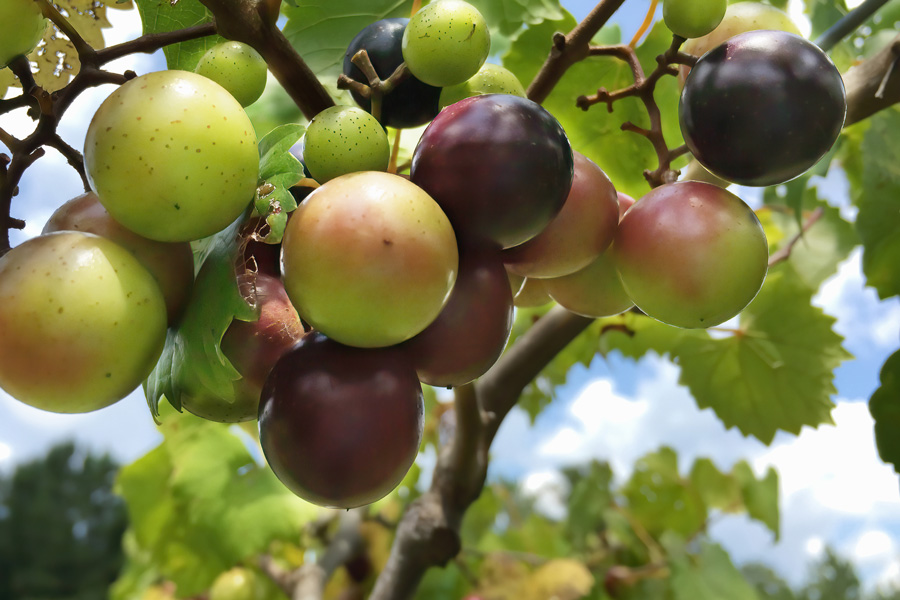
This 2025 update to the regional integrated pest management guide provides recommendations for muscadine grape production in the Southeastern U.S. Recommendations are based on information from the manufacturer’s label and performance data from research and Extension field tests. This publication is intended for use only as a guide. Specific rates and application methods are on the pesticide label, and these are subject to change at any time.
Phillip Brannen, Ashfaq Sial, Brett Blaauw, and Sarah Lowder
|
-
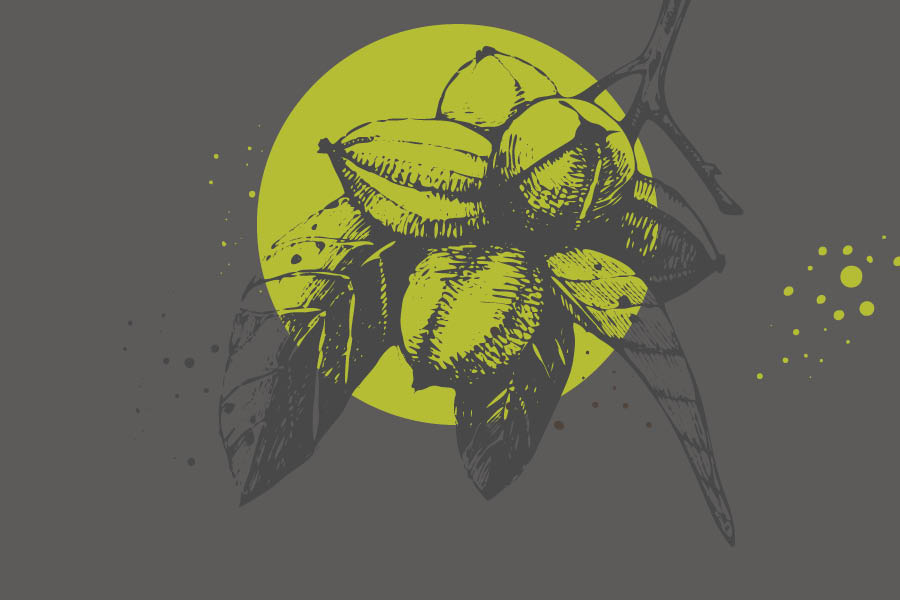
B 1493
Organic Pecan Production
Organic food production is one of the fastest-growing sectors of the American food marketplace and is driven largely by personal health preferences and environmental ethics. Pecan production generates unique challenges to organic production methods in the humid Southeastern U.S. because it is an environment conducive to heavy pressure from insects, diseases, and weeds. Therefore, the foundation of any organic pecan production program in the Southeastern U.S. will be based on selection for pest-resistant cultivars.
Patrick Conner, William Hudson, Jason Brock, and Marvin Wells
|
-

This circular contains the fundamentals of watermelon irrigation scheduling using the crop water demand method. Decisions regarding the timing, frequency, and amount of water required for a crop are some of the most critical factors in vegetable production. There are numerous irrigation scheduling strategies employed by growers, but the crop water demand method of irrigation management is one of the most reliable and precise ways to schedule irrigation. This method adjusts irrigation events using the crop evapotranspiration, or ETc.
Tim Coolong, Laurel Dunn, Andre Luiz da Silva, and William Gay
|
-
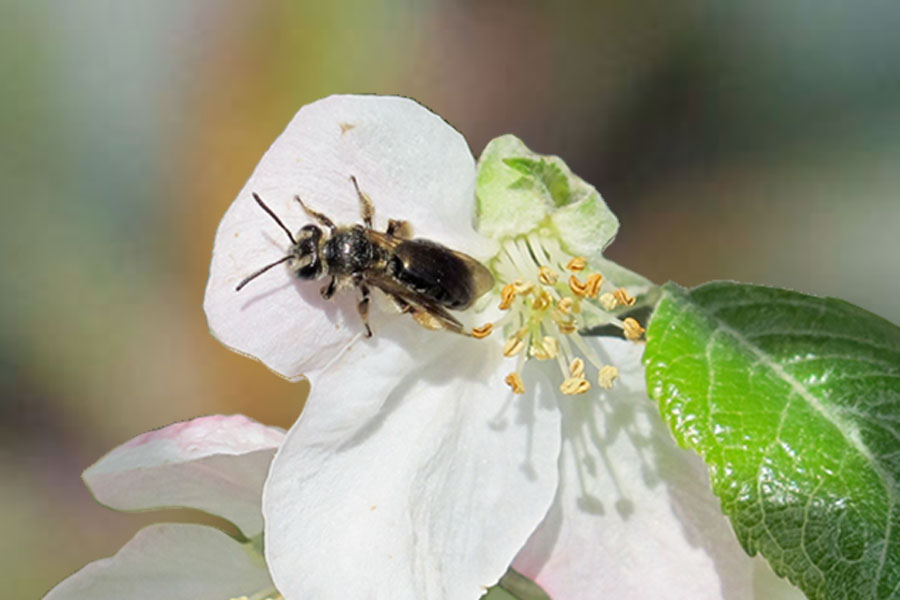
Wild bees are effective pollinators of crops and native flowers, shrubs, and trees. They are
naturally present and can supplement honey bees in apple pollination. Boosting their numbers
by habitat development and conservation can be of considerable commercial and ecological
value to producers and consumers. This guide is intended to highlight most common wild bees
in North Georgia apple orchards.Svoboda Pennisi and Brett Blaauw
|
-
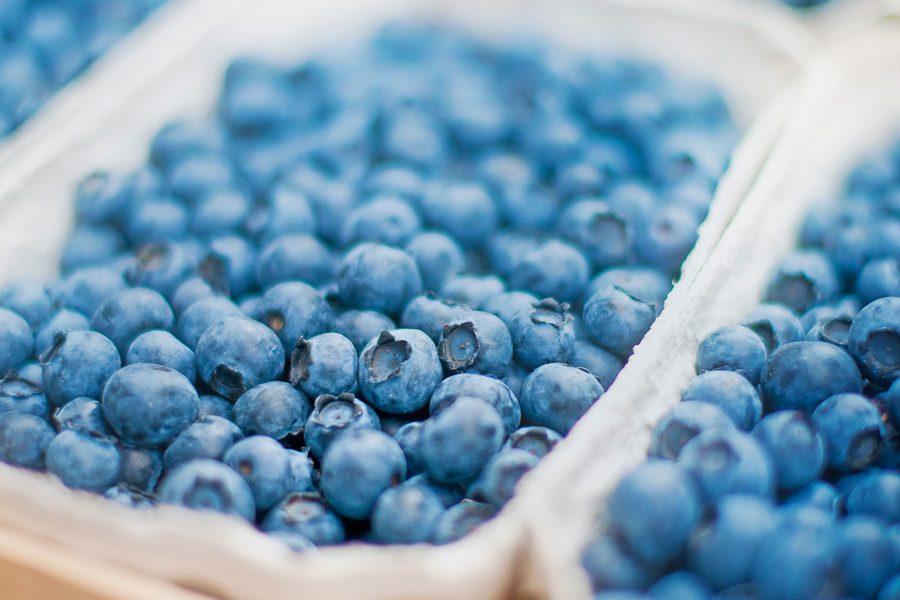
A grower survey was carried out in January 2023 during the annual blueberry update event held in Alma, Georgia. Survey responses were collected from 26 growers from eight Georgia counties. The results indicated the cultivar preference of south Georgia growers and major production constraints of blueberry production in southeast Georgia.
Ye Chu and Zackary Williams
|